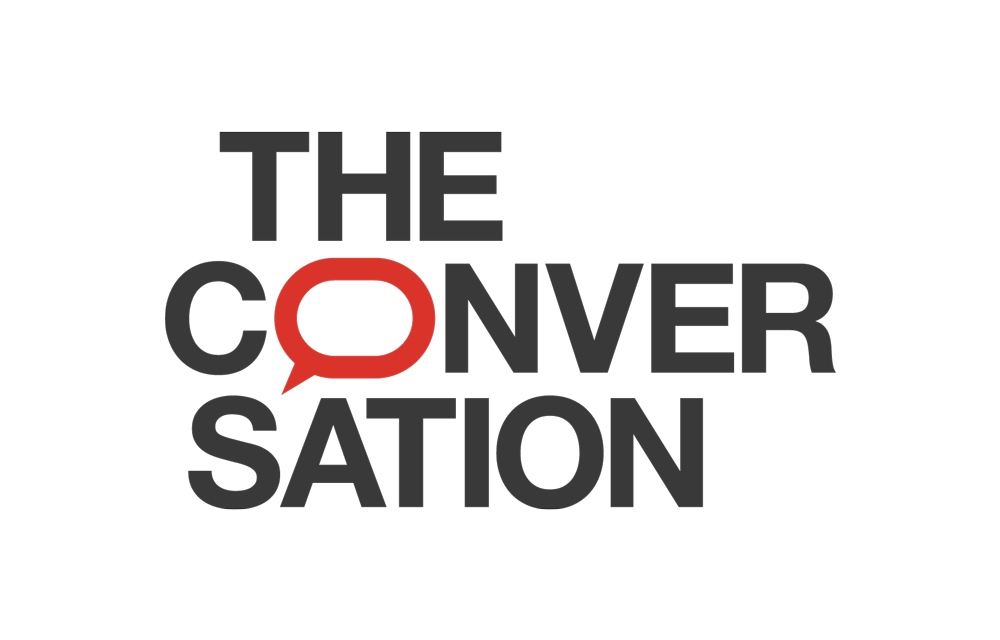In February 2020, French President Emmanuel Macron said it was time to reflect on the European dimension of French nuclear deterrence. He proposed a strategic dialogue as well as joint nuclear exercises between European partners. Five years later, Germany’s likely next chancellor, Friedrich Merz, responded to this call, advocating an extension of the French nuclear umbrella to Germany – while a US led by President Donald Trump no longer appears to be a reliable partner for protecting Europe.
But does France have the capacity to defend Europe? Would the deployment of the French nuclear umbrella in Eastern Europe make Europe strategically autonomous, giving it the means to defend itself independently?
French nuclear deterrence against the Russian threat
France originally developed its nuclear arsenal in response to the threat of Soviet invasion and to avoid any dependence on the US. According to a stable doctrine that political leaders regularly reaffirmed, the state [would use] its strategic arsenal by air and submarine in the event of an attack against its vital interests.
But the fact remains that without US support, the balance of power appears largely unfavourable to France, which has a total of 290 nuclear warheads compared to at least 1,600 deployed warheads and nearly 2,800 stockpiled warheads on the Russian side.


